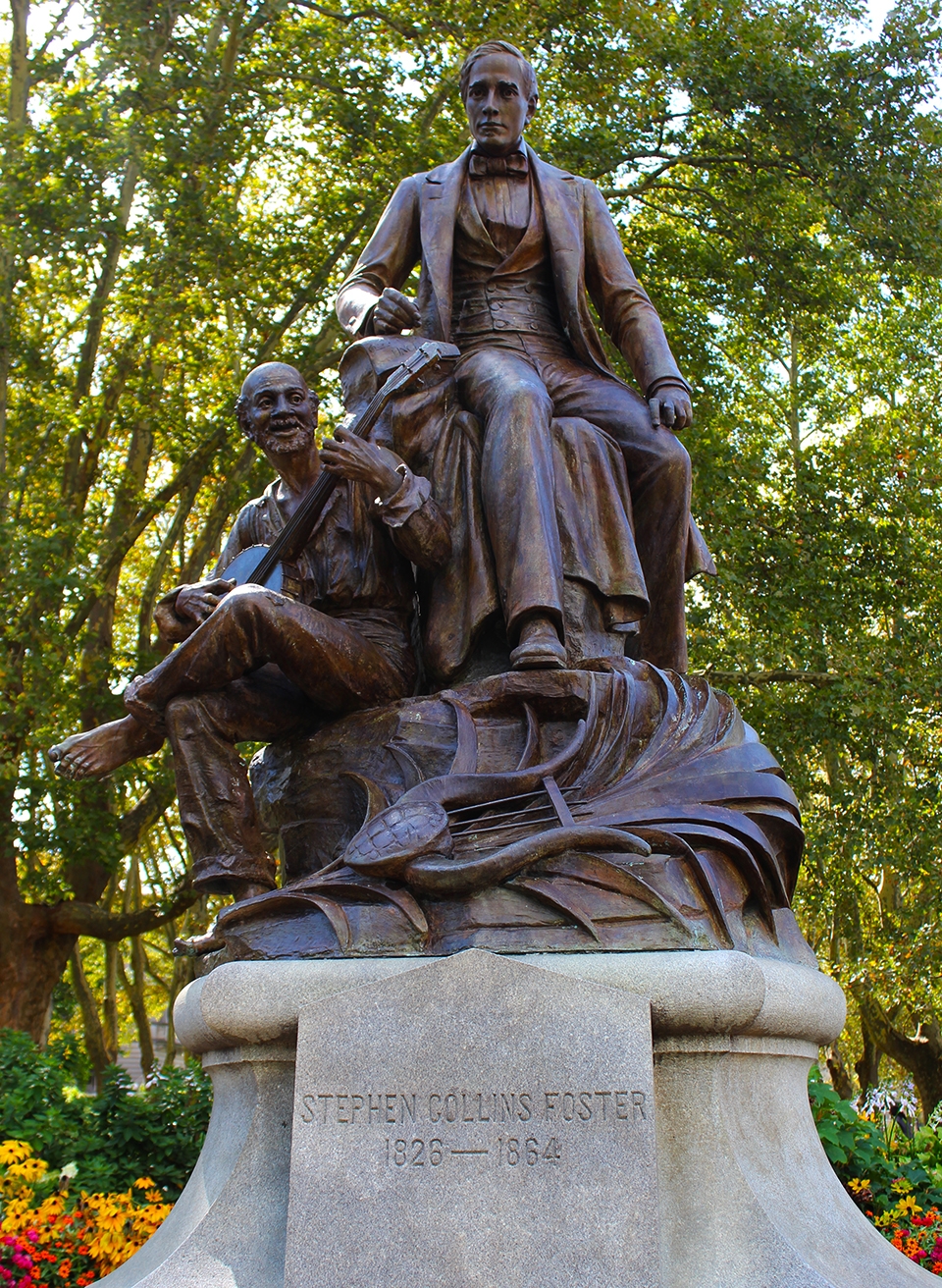
02/01/2018
By Duke Staff
Any day now, Amazon will announce the location of its highly-sought after second headquarters. With Pittsburgh being an underdog choice, it can be quite romantic to imagine our city landing such a huge deal. A promise of 50,000 jobs and a saucy $5 billion over 17 years sounds like a pretty sweet deal on the surface.
However, there is something missing in Pittsburgh’s (as well as other cities’) wooing of the online retail giant: us.
That may be a bit disingenuous to say, but by the way the city is shirking requests for information about what they are offering, well, what else are we left to assume?
There is undoubtedly a lot of excitement surrounding Amazon’s second headquarters. However, with recent reports of walkouts in Germany and Italy over wages, as well as a damning report from the Mirror about 55-hour work weeks and hospitalizations for warehouse employees, there is also a growing unease about incentivizing the tech giant.
If they can’t treat their employees with proper dignity and respect, what makes Pittsburgh, or any other city looking to secure their next headquarters, confident that we’ll get a fair shake?
This is to say nothing about Amazon’s own war chest, as well as the personal worth of its founder, Jeff Bezos. At a net worth of $116.6 billion, Bezos doesn’t seem to be the one needing a little handout from a city who has a poverty rate of about 23 percent.
Again, this all might sound unfair. Pittsburgh and a number of other cities have competition concerns and non-disclosure agreements with Amazon, so releasing their bids, in their eyes, would hurt their chances to secure the valuable project.
That may sound fine, but it may be illegal. Last Wednesday, Jan. 24, Pennsylvania’s Office of Open Records declared that Pittsburgh’s bid should be publically available. As it should be. If Pittsburgh, and every other city courting Amazon, are going to tempt the e-commerce giant with our taxpayer money, then we, the taxpayers, should know what is going on.
This desire to stay out of the dark is especially poignant for Duquesne, situated as we are next to a community devastated by the last time Pittsburgh had a bright idea to revitalize itself. Comparisons to the blighted Civic Arena are all-too-easy to make, and there is a justified concern that a hypothetical Amazon campus will, in a sense, crush out another community to make room for the out-of-town engineers and designers.
Who knows what the future holds. But a transparent bidding process from all competitors is the very least our local governments owe us.




